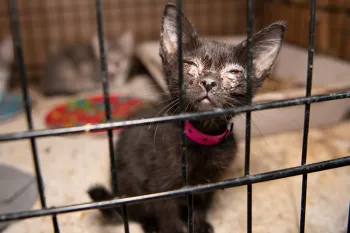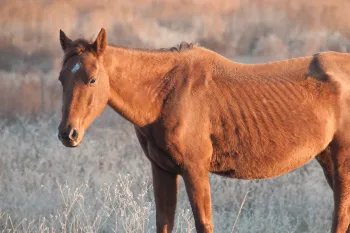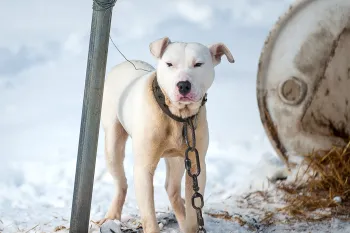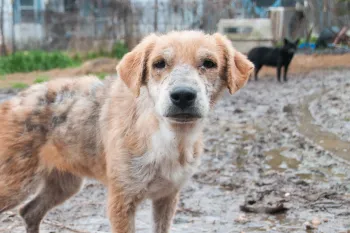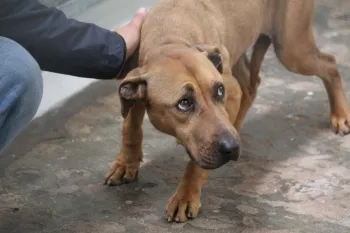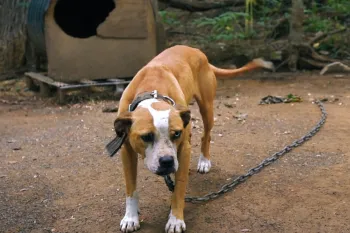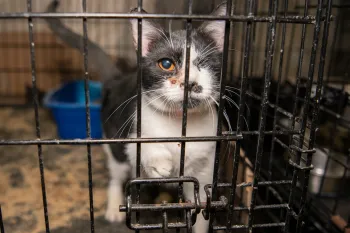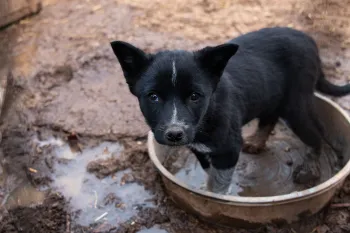Jean Chung/
Report Cruelty
Are you concerned about a possible animal cruelty situation in your area? Use this form to report it to us.
How to report suspected animal cruelty
If you witness or suspect animal cruelty:
- Call your local animal control agency or dial 9-1-1 if you’re unsure who to contact.
- Document evidence — note dates, times, locations, descriptions, and, if safe, take photos or video.
- Follow up if you don’t see a response within a reasonable time.
- If no local agency is available, [contact us directly] for assistance.
Why reporting animal abuse matters
Animal cruelty isn’t just a danger to animals—it’s often a red flag for broader community violence. Reporting animal cruelty not only saves animals’ lives but can also protect people.
How Humane World for Animals helps stop animal abuse
We’re fighting to:
- Provide public education on reporting animal cruelty.
- Assist in large-scale animal cruelty rescues.
- Train law enforcement and animal welfare agencies.
- Support local investigations with grants and resources.
- Advocate for stronger animal protection laws.
- Offer rewards for information leading to convictions in animal cruelty or fighting cases.
Frequently asked questions
Call your local animal control agency, or 9-1-1 if you’re unsure. Document what you see and provide as much detail as possible.
Yes. Every U.S. state has laws against animal cruelty, and most classify severe cases as felonies.
Yes, most animal control agencies allow anonymous reporting to protect the caller’s identity.
Start saving lives today
For a limited time, your gift can go three times as far to help animals in need thanks to a group of generous donors. Will you be a hero for animals who desperately need your help?
Meredith Lee/Humane World for Animals

